Down Under deliveries: McGrocer starts shipping British groceries to Australia
A box arrives in Sydney. Inside are teabags, biscuits, jars stamped with familiar branding. McGrocer has begun shipping British groceries to Australia. There are no warehouses in the country. No local stores.
Each order is picked in the UK, packed and dispatched. Couriers handle the final leg. Delivery usually takes about a week; sometimes longer if customs intervene.
Beyond groceries
The story reflects a wider shift in how digital services bridge distance, showing how consumers now expect quicker access to what they value. That same expectation is reshaping other sectors where speed and reliability have become decisive.
Online retail has shown how shoppers in one country can fill baskets from stores in another and still receive goods within days. Streaming platforms now release new titles worldwide at once, giving Australians access in step with audiences elsewhere.
The same drive for immediacy is now visible in financial services, digital wallets, and even casinos with the best payouts. Esports Insider’s payout analysis notes that top-tier casinos stand out for offering rapid, often same-day withdrawals via e-wallets alongside clear transaction fees.
These platforms typically pair fast payout speeds with high Return to Player (RTP) game offerings and smooth bonus structures under fair terms. They also emphasise security and user protection through verified licensing and responsible gaming measures. Together, these elements promote user trust by aligning quick access to funds with transparent service.
The demand for immediacy is not limited to entertainment or finance. It also frames how everyday goods move across borders and reach households far from their point of origin. McGrocer’s expansion into Australia reflects exactly that pattern.
Why the route matters
The move into Australia wasn’t a shot in the dark. Orders had been trickling in for months. Parcels sent across the world without fanfare. Many of them addressed to British families who left years ago but still wanted the same breakfast tea, the same jar of sauce. Familiar names, hard to replace on local shelves.
There is also a bigger shift under way. Imported food has momentum in Australia. Migration patterns play a part, but so does taste. Curiosity about global products is shaping what people want to see in their baskets. Supermarkets try to respond. Stock comes and goes.
The gaps remain. That is where McGrocer finds its space. Not by racing to be fastest. Not by chasing perishables. By promising the one thing that matters here: continuity. The label doesn’t change, the flavour doesn’t drift.
This is not a first experiment. Canada saw the same model rolled out earlier. Other regions too. Each time the pattern repeats: buy directly in Britain, pack it up, send it out. No local hub, no costly footprint.
Mechanics of the service
Customers can pull products from several British stores into one order. Supermarkets, chemists, department chains. Everything drops into a single basket. When the payment clears, staff in the UK go out, pick the items, tape the box and send it on. Couriers take over from there.
Costs are set out in plain terms. Shoppers pay the shop price, then a handling fee and postage. Orders under £30 aren’t processed. Taxes and duties are added at the border, not before. There are no offers of free shipping or clever gimmicks. Just a parcel moving from one country to another.
The reach now extends to more than 150 countries. Australia is one more step. Packaging has been reinforced, designed to absorb knocks and keep contents secure. By buying only when ordered, McGrocer avoids stock lying idle in storage.
What customers are saying
Early buyers in Australia say the service works. Some speak of parcels arriving in less than a week. Others mention delays at customs but praise the way issues are handled. The packaging stands out. Heavy cardboard, plenty of padding. Some call it excessive, most are just relieved nothing breaks.
Refunds are issued quickly when items are out of stock. Support teams reply fast. That has helped build trust. For many, the wait is secondary. The priority is access. Opening a box of familiar groceries carries its own weight.
It is not about replacing local shopping. It is about filling a gap. About bridging distance. The draw is emotional as much as practical.
A signal of retail change
Industry observers note a wider shift. Cross-border shopping once relied on niche suppliers with limited choice. Now digital services offer British groceries in Australia, showing how technology and logistics are reshaping access. Consumers order directly, and goods travel.
McGrocer has kept the launch low-key. No big campaigns. Growth spreads through forums, community groups, word of mouth. The model stays rooted in Britain, shipping outward. For now, there are no Australian warehouses. That could change if volumes rise.
It shows how distance matters less than it used to. A simple cardboard box, filled on a London high street, can find its way to a kitchen in Perth. Not just groceries. A taste of home, sealed in brown tape, crossing oceans to reach a doorstep.




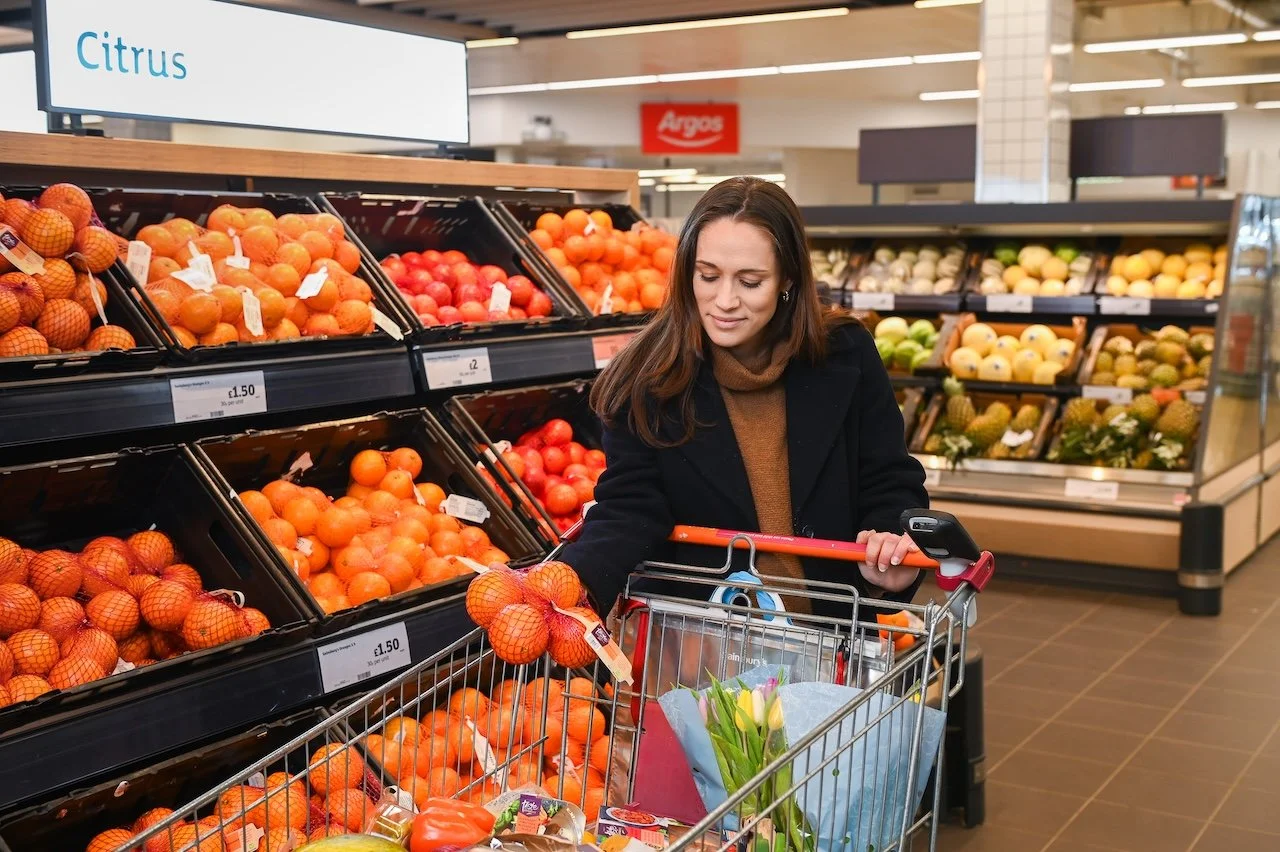

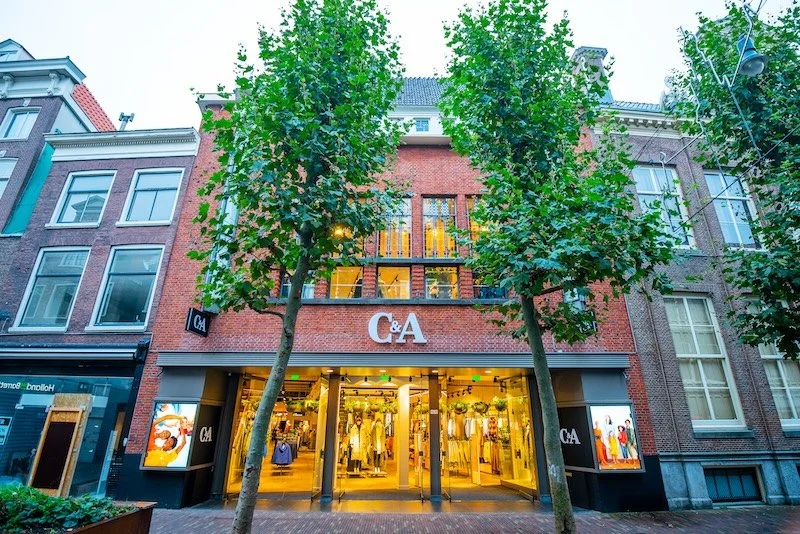



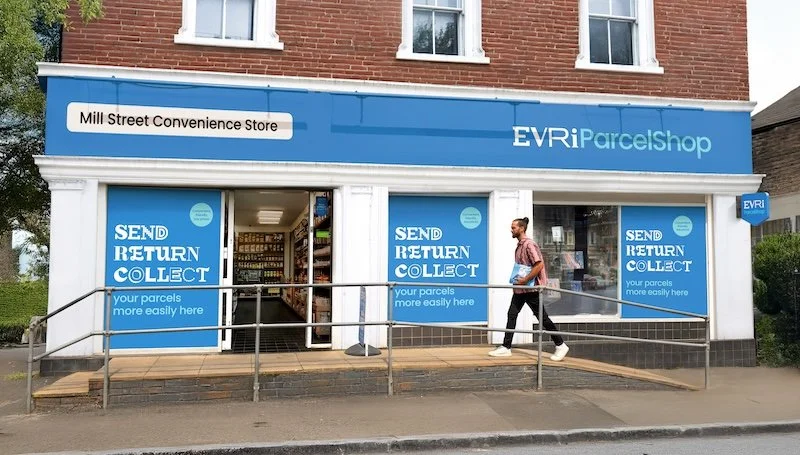
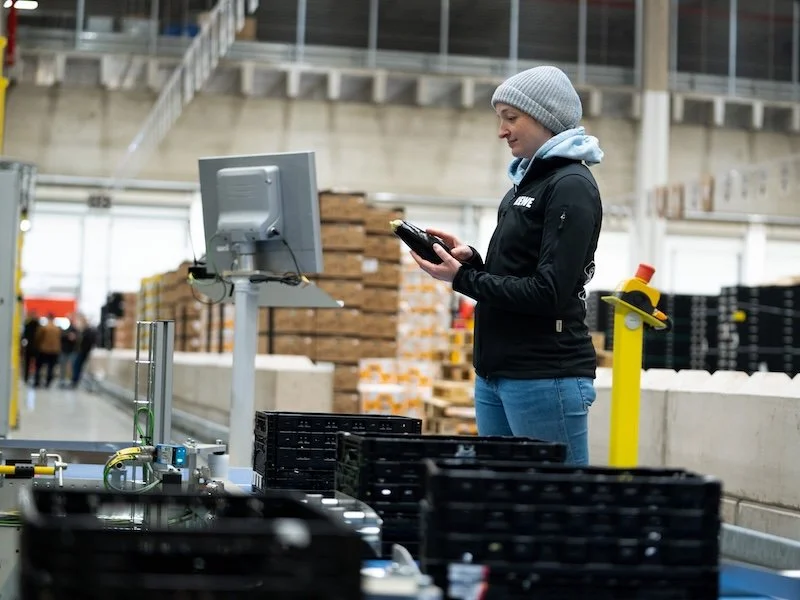

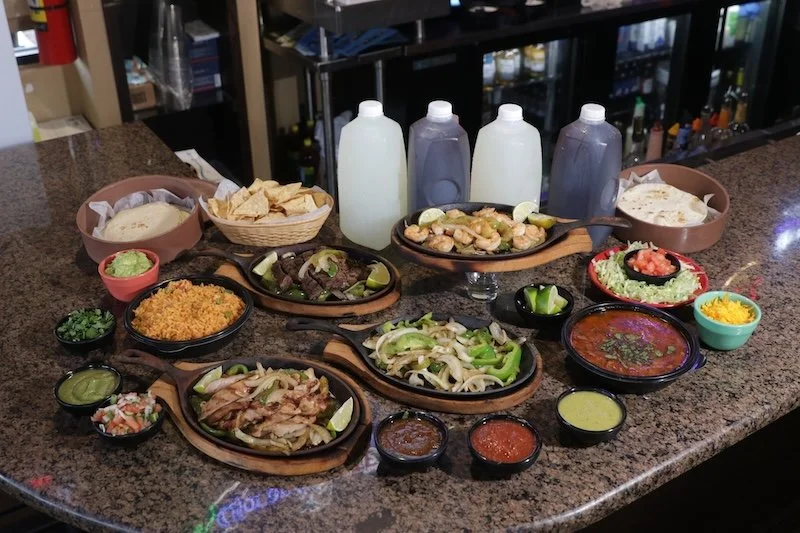

















Continue reading…